Specifically, there are 5 digital transformation tasks: Training and developing human resources for digital agriculture ; building smart agriculture models; building value chain linkages; data management; organizing conferences, seminars and exchanging experiences.
Corresponding to the first solution, train 4 classes/year for agricultural and grassroots extension officers on the use of IoT (Internet of Things), AI (artificial intelligence) and data analysis technologies; 20 classes/year to train farmers, cooperatives and cooperative groups on the use of software to control agricultural product quality and traceability.
Second, build 10 models/year on applying IoT technology to monitor and collect data on environment, land, irrigation water and nutrition; drones to spray pesticides, fertilize, monitor fields...
Third, Blockchain application manages supply chain, making production and consumption processes transparent.
Fourth, develop software to provide information on soil, crop varieties, cultivation history and optimize production processes; apply Big Data and AI to analyze and forecast productivity, seasons, and pest and disease situations.
Fifth, organize learning, exchange experiences, attract domestic and foreign enterprises to invest in high-tech agriculture and smart agriculture, creating conditions for farmers to access advanced technological solutions.
With the above 5 solutions, the problem of transformation in agricultural production by 2030 needs to be met by at least 30% of production households and 50% of agricultural enterprises and cooperatives in the whole province applying IoT, AI and automation solutions.
At the same time, at least 30% of agricultural products in the province are consumed through e-commerce channels and digital platforms; 2,000 or more workers are trained and developed with digital skills in agriculture; 30% of resource use (water, fertilizers, pesticides) is reduced and 20% of CO2 emissions from agricultural production are reduced.
Thereby, the whole province has completed the construction of a data system, managing information on land, crops, livestock and farming processes to serve the planning and optimization of agricultural production in the area.
Source: https://baolamdong.vn/kinh-te/202505/bai-toan-chuyen-doi-so-nong-nghiep-d22767a/





![[Photo] 60th Anniversary of the Founding of the Vietnam Association of Photographic Artists](/_next/image?url=https%3A%2F%2Fvphoto.vietnam.vn%2Fthumb%2F1200x675%2Fvietnam%2Fresource%2FIMAGE%2F2025%2F12%2F05%2F1764935864512_a1-bnd-0841-9740-jpg.webp&w=3840&q=75)
![[Photo] National Assembly Chairman Tran Thanh Man attends the VinFuture 2025 Award Ceremony](/_next/image?url=https%3A%2F%2Fvphoto.vietnam.vn%2Fthumb%2F1200x675%2Fvietnam%2Fresource%2FIMAGE%2F2025%2F12%2F05%2F1764951162416_2628509768338816493-6995-jpg.webp&w=3840&q=75)

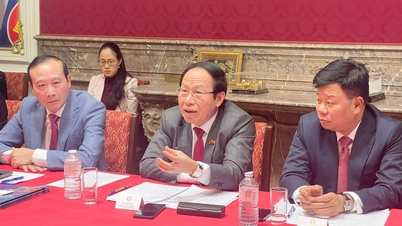

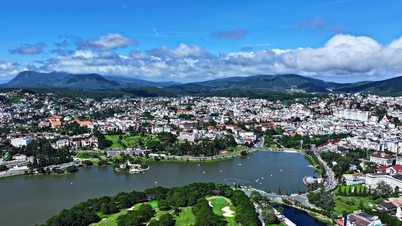


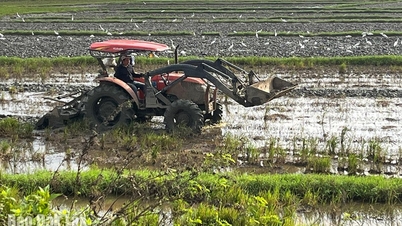

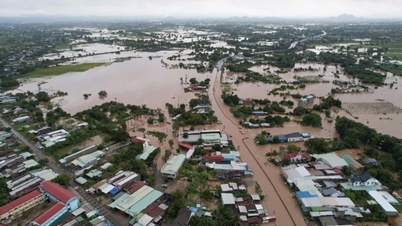
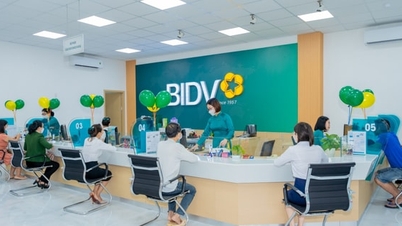





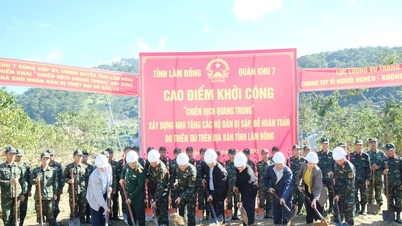
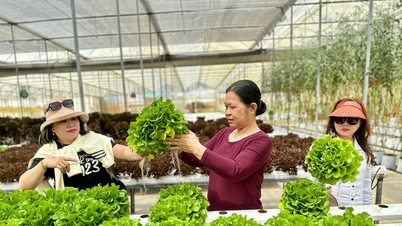
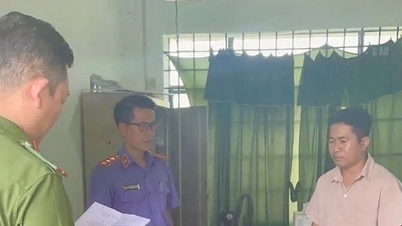
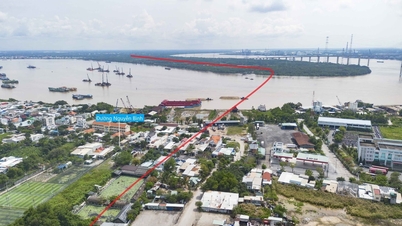

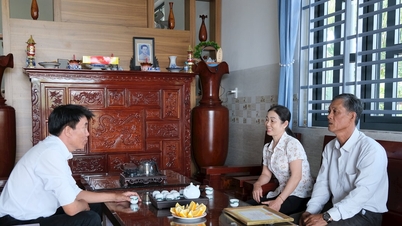











































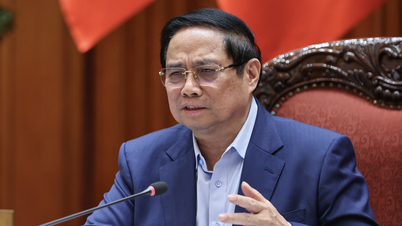
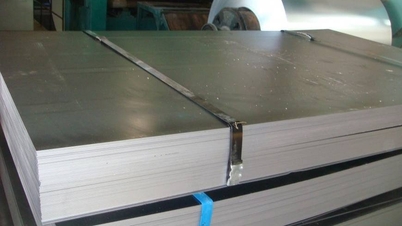




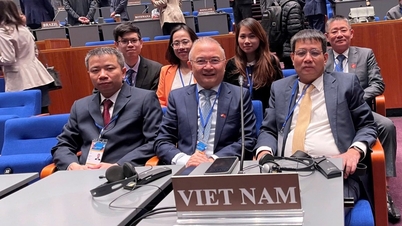
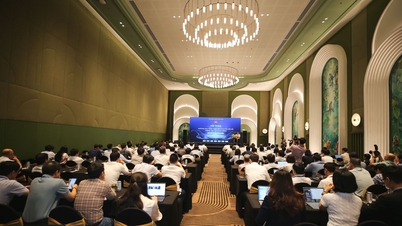


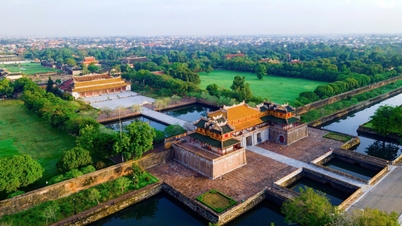

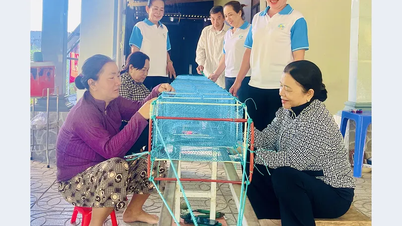
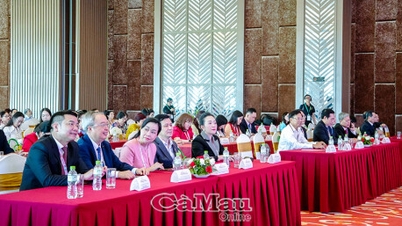




















Comment (0)